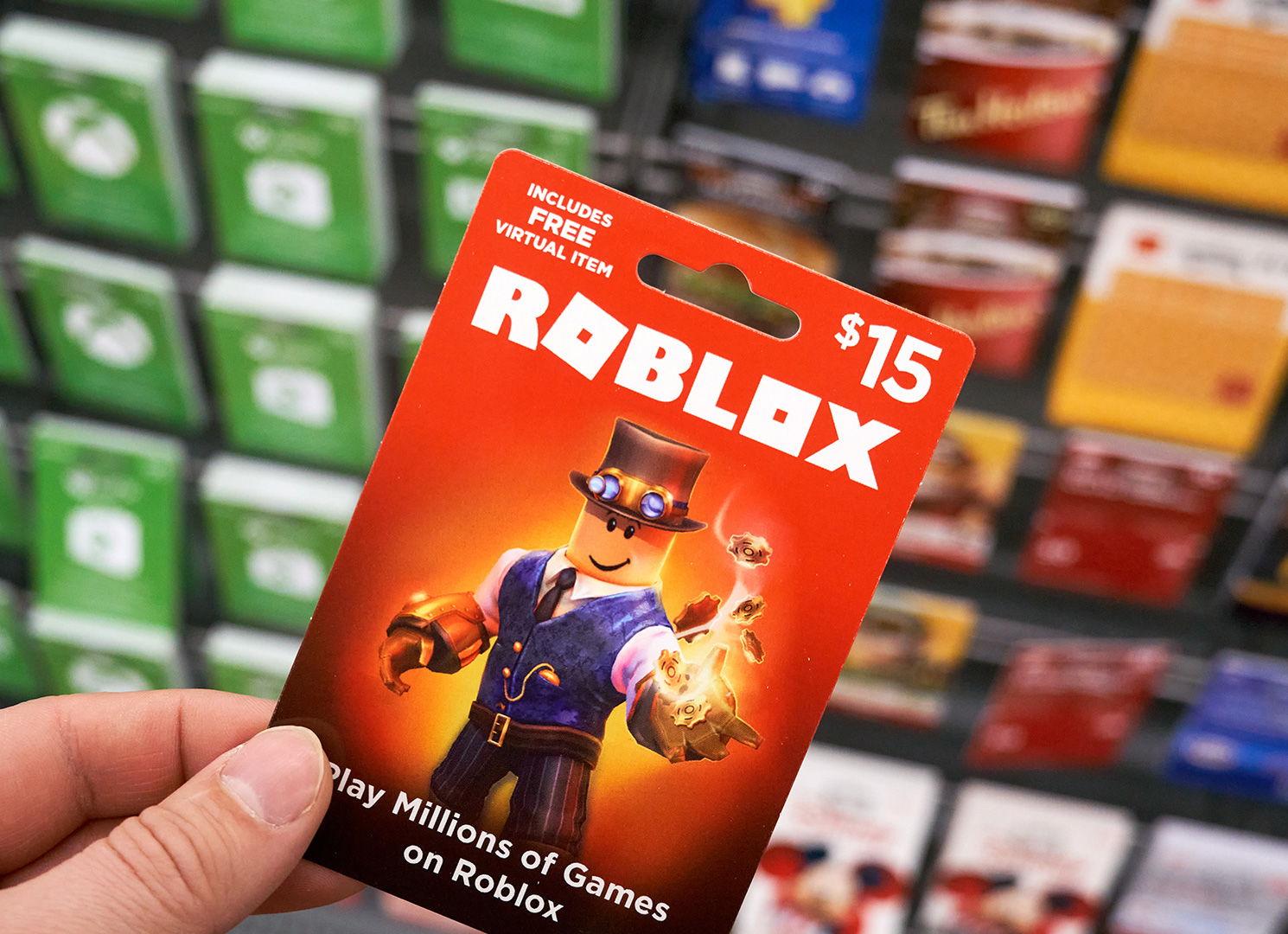
The term “cash is king” refers to the belief that cash is more important than any other form of currency. Motley Fool says cash is invaluable because it gives individuals, businesses and investors the flexibility to get through tough times and to potentially take advantage of opportunities. But does cash matter to your kids? The Wall Street Journal reports many of them would rather have virtual currency.
The Journal says Roblox and other virtual economies are changing families' conversations about money. Robux is the online currency used on Roblox and according to the report, the platform is so popular with kids, that many of them are “turning up their noses” at paper dollars. They’re asking their parents to convert them to Robux. University of Maryland Robert H. Smith School of Business clinical professor of marketing Hank Boyd is one of those parents, and says Gen Zers are “very comfortable in the digital space. I think it’s just the way they came into the world”. Generation Z – people born between 1997 and 2012 – have never known a time when there was no internet or social media. 67% percent of Roblox users are under the age of 16.
Most Roblox virtual merchandise or “verch” costs less than the equivalent of $10, but across platforms, tens of millions of children are spending virtual money on virtual swag that includes outfits for the avatars they use in gaming. Forrester Research finds kids ages 12 to 17 spent an average of $92 a month online in 2021. That’s more than double what they spent two years before. And for the most part, these kids are buying intangible things. Boyd says we have to embrace shifts in technology, but he acknowledges it’s not easy. “I worry (because) in the virtual space, with a click of a button, ‘it’s there, but it’s not really there.’ That’s a real concern, I think, among parents.”
But how do parents teach their children about money management when the kids have no interest in actual dollars and cents? Well, the lessons haven’t really changed even though the currency involved has. When it comes to Robux, Boyd tells his precocious daughter, “okay you’ve received some money. You could spend it all, but is that a good thing? And she says, ‘no Dad, I probably need to keep some,’ and I say when you save money, it’s like you’re paying yourself.” That’s not unlike what moms and dads have been telling their kids for years, but in the virtual world, the clothing, accessories, and other items they are buying are always perfect. There are never any imperfections and the virtual goods are never out of stock or on backorder. “We’re so used to I want it right now, I want it pristine, I want it perfect, and you get all those things.” It makes it difficult to teach kids how to deal with delayed gratification, a challenge that’s sure to come up repeatedly throughout their lives. Boyd says the ability to forgo an impulse purchase so that one can obtain a more valuable outcome in the future is a really difficult message for parents to convey, “and I think it’s going to be harder and harder going forward.”
The millions of kids milling around in the metaverse aren’t going unnoticed by advertisers. The Wall Street Journal says Walmart and Nike are among the major companies that have launched games on Roblox, disguising marketing as entertainment.
Boyd says advertisers liken the metaverse experience to meeting their future consumers where they are. “Kids want to be in the metaverse and they represent the next wave of paying customers. (Companies are saying) let’s embrace them now and have them comfortable in this new space and they’ll come to know and trust our brand. That’s a really clever play when you get down to it.”
Media Contact
Greg Muraski
Media Relations Manager
301-405-5283
301-892-0973 Mobile
gmuraski@umd.edu
Get Smith Brain Trust Delivered To Your Inbox Every Week
Business moves fast in the 21st century. Stay one step ahead with bite-sized business insights from the Smith School's world-class faculty.